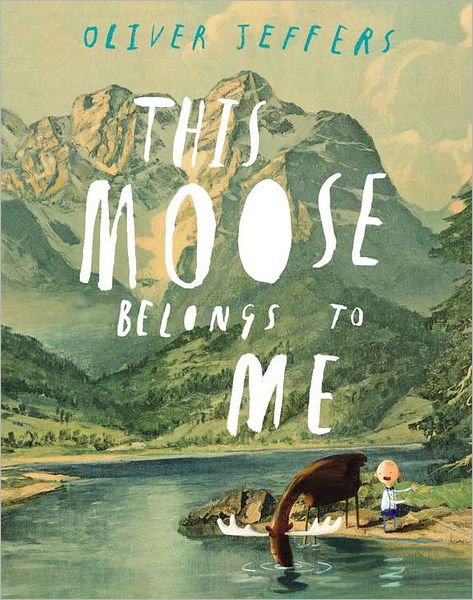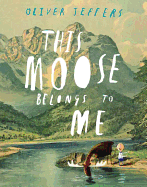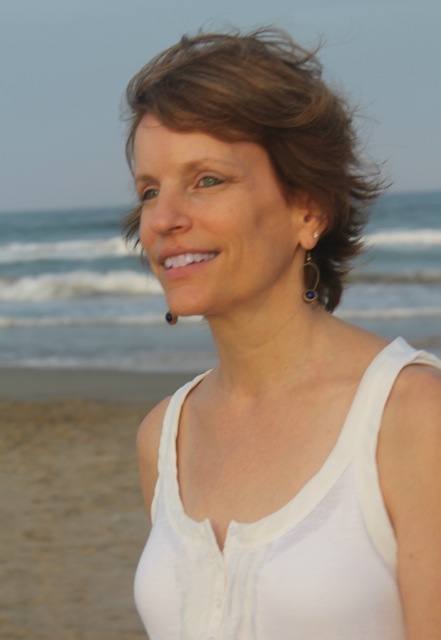 Dana Gynther's debut novel, Crossing on the Paris (Gallery Books, November 13, 2012), is set in the early 1920s and chronicles the intersection of three women's lives as they embark on a transatlantic voyage. Gynther has a B.A. from the University of Alabama in political science and French and an M.A. in French Literature. She and her husband, Carlos, are teachers and translators, and live in Valencia, Spain, with their two daughters.
Dana Gynther's debut novel, Crossing on the Paris (Gallery Books, November 13, 2012), is set in the early 1920s and chronicles the intersection of three women's lives as they embark on a transatlantic voyage. Gynther has a B.A. from the University of Alabama in political science and French and an M.A. in French Literature. She and her husband, Carlos, are teachers and translators, and live in Valencia, Spain, with their two daughters.
On your nightstand now:
I almost always have novels next to my bed, but at the moment I'm reading nonfiction because I'm writing a fictionalized biography of the model/photographer Lee Miller. I have piles of material about her and her times all over the house. The books currently wedged between the alarm clock and the lamp are: the highly entertaining Kiki's Paris: Artists and Lovers 1900-1930 by Billy Kluver and Julie Martin; the museum catalogue "Man Ray and Lee Miller: Partners in Surrealism" by Philip Prodger; and Paris Was Yesterday: 1925-1939 by the incomparable American journalist Janet Flanner. A New York Times crossword puzzle book is perched on top.
Favorite book when you were a child:
As a pre-reader, I loved looking at the pictures in the books What Do People Do All Day? by Richard Scarry and Dr. Seuss's Happy Birthday to You! because there was so much going on there; some of those illustrations are still etched in my memory. Like most kids, I loved Roald Dahl and C.S. Lewis, but I have a special fondness for Charlotte's Web by E.B. White because it's the only book I clearly remember my father reading to me. At the end, when Charlotte dies, he got choked up and had to pause, which, at age six or seven, left me dumbstruck. Now, after having lost my father almost four years ago, just seeing the binding can make me teary-eyed.
Your top five authors:
I think favorite authors are always changing, depending on the reader's age, mood and circumstance, as well as the author's output. In the last 15 or 20 years, however, I have consistently gone back to certain 19th century-ish writers (Dickens, Jane Austen, Edith Wharton, Thomas Hardy and Wilkie Collins) to reread or further explore. There are also many authors I love in the land of the living, like Zadie Smith, Paul Auster, Bill Bryson, Nick Hornby, Jonathan Franzen.... But top five authors? Impossible.
Book you've faked reading:
When I was getting my Masters in French, I loved almost all the reading, from medieval poetry to 17th century theater, to Baudelaire and Balzac, and so on, until I got halfway through my 20th-century novel class. I just couldn't read experimental novels by authors like Alain Robbe-Grillet and Nathalie Sarraute; they were serious, story-less, nonsensical texts to me. I bluffed my way through those two or three weeks of class and then wrote my final paper on Jean Cocteau.
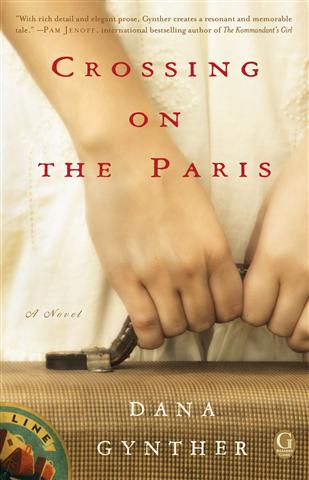 Book you're an evangelist for:
Book you're an evangelist for:
I often recommend Paul Auster's The Book of Illusions and am shocked if people aren't as enthusiastic about it as I was. I've also tried to get all my friends to read Pat Barker's Regeneration, but I think my mother was the only one who was game (Go, Mom!). That was the book that got me interested in World War I, which ended up playing an important role in my novel Crossing on the Paris.
Book you've bought for the cover:
The Sherlockian by Graham Moore. It wasn't just the cool design, but the title, as I'm a sucker for Sherlock Holmes. And when I glanced at the back cover (which I almost never do, as the synopses are often such spoilers) and saw that A. Conan Doyle was a character in the book--with faithful sidekick Bram Stoker!--well, I couldn't resist. And I wasn't disappointed.
Book that changed your life:
Countless books have, in subtle, nearly imperceptible ways. One that I could put my finger on, though, would be Life in a Medieval City by Joseph and Frances Gies. At a youngish age, this book made me realize how fascinating history is (despite what I was being taught in my lethal social studies classes)--the essential first step for anyone to write historical fiction.
Favorite line from a book:
Favorites? Not really, but I'm often blown away by a line in a book and scribble it down for no real reason. Not long ago, I read a paragraph in Kurt Vonnegut's Deadeye Dick which really struck me:
"We all see our lives as stories.... If a person survives an ordinary span of sixty years or more, there is every chance that his or her life as a shapely story has ended, and all that remains to be experienced is epilogue."
Since I'm now writing a novel about a real person's life (and have chosen the "novelistic" years, discarding her last few decades [!]), it has made me feel a bit guilty... and also that I need to get out there and seize the day--I'd like to think my life story is still being written!
Book you most want to read again for the first time:
I would love to read the whole Harry Potter series again--without knowing anything about it and without seeing the actors' faces in my head. Such rich, imaginative fun!
Books you hold controversial, unorthodox views of:
On the Brontë sisters: I love Jane Eyre and don't understand why most people think Wuthering Heights the superior book. I think Cathy and Heathcliff are insufferable idiots, and I don't give a damn about their undying love. Love You Forever by Robert Munsch? Creepiest children's book ever. Okay. There it is. Out in the open.
author photo: Claudia Garcia
 Simon & Schuster and Author Solutions are together launching Archway Publishing, a self-publishing service with a focus on fiction, nonfiction, business and children's books.
Simon & Schuster and Author Solutions are together launching Archway Publishing, a self-publishing service with a focus on fiction, nonfiction, business and children's books.







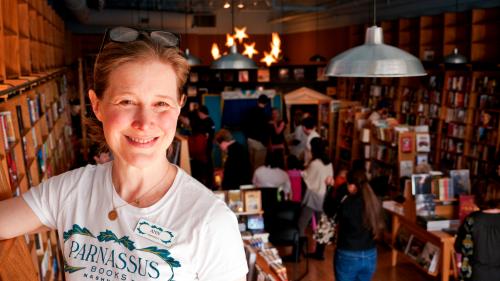 Patchett works in the store a few hours every other day and does a lot of handselling. She described her approach to the booksellers' art this way: "I don't look at someone and think, 'I'm going to make a sale.' I look at them and think, 'I know a book you're going to love.' "
Patchett works in the store a few hours every other day and does a lot of handselling. She described her approach to the booksellers' art this way: "I don't look at someone and think, 'I'm going to make a sale.' I look at them and think, 'I know a book you're going to love.' "
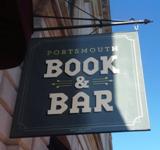
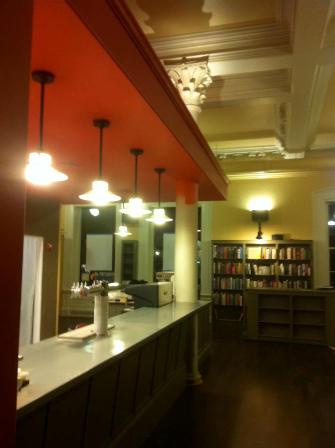 Store owners David Lovelace, John Petrovato and Jon Strymish have substantial bookselling pedigrees. Together the three owned Montagne Book Mill, Montague, Mass. Petrovato owns Raven Used Books in Boston and Cambridge, Mass. Strymish's family owned the New England Book Fair for more than 50 years. In addition, chef Amy Mehaffey owned the café inside the Eric Carle Museum of Children's Picture Book Art in Amherst, Mass.
Store owners David Lovelace, John Petrovato and Jon Strymish have substantial bookselling pedigrees. Together the three owned Montagne Book Mill, Montague, Mass. Petrovato owns Raven Used Books in Boston and Cambridge, Mass. Strymish's family owned the New England Book Fair for more than 50 years. In addition, chef Amy Mehaffey owned the café inside the Eric Carle Museum of Children's Picture Book Art in Amherst, Mass.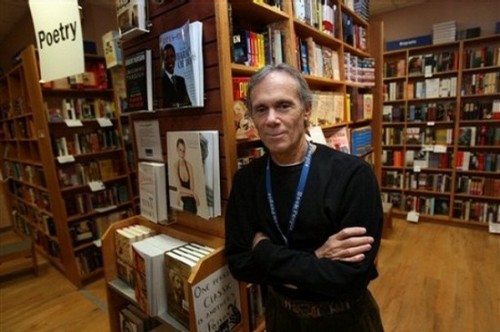 "People choose to come to this store to do their Christmas shopping on a regular basis," said Steve Bercu, owner of
"People choose to come to this store to do their Christmas shopping on a regular basis," said Steve Bercu, owner of 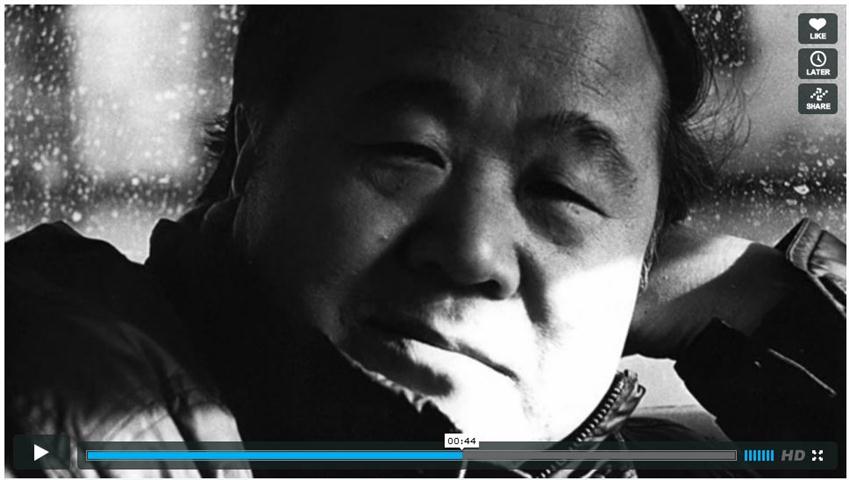 Pow!
Pow!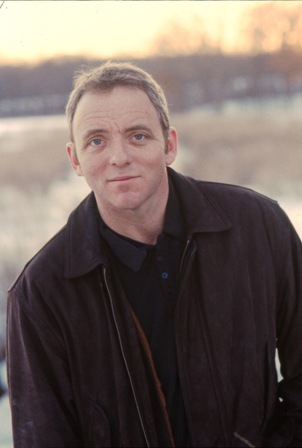 Author Dennis Lehane will be a writer and creative consultant for HBO's fourth season of
Author Dennis Lehane will be a writer and creative consultant for HBO's fourth season of 
 Book you're an evangelist for:
Book you're an evangelist for: